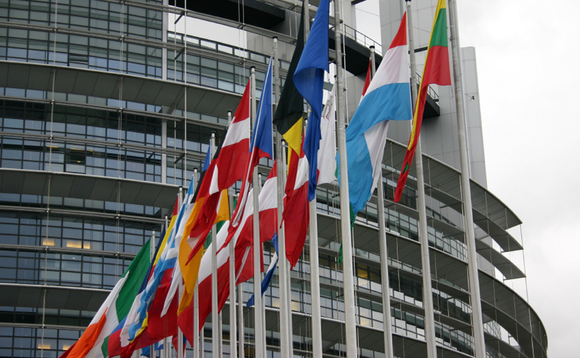Inflation in the eurozone soared to a fresh record high of 10.7% in October, pushing the European Central Bank to maintain pressure on interest rates despite a slowdown in economic growth in the bloc.
Consumer price growth in the eurozone grew from 9.9% in September, which was then the highest level on record.
It also exceeded the 9.8% forecast by Reuters' poll of economists and the 10.3% median estimate in a Bloomberg survey.
October was the twelfth consecutive month eurozone inflation reached a record high, surpassing the ECB's target rate of 2% by more than five times.
European economies tread water above recession
In contrast, third-quarter output dropped to 0.2% from the prior three months, which was more than analysts had predicted, but significantly less than the 0.8% increase seen between April and June.
Germany's GDP expansion during that time period marginally increased, whereas France, Italy, and Spain reported slower growth. The overall increase is anticipated to reverse throughout the winter as the energy crisis continues to hit businesses and households.
The statistical arm of the European Commission, Eurostat, reported that energy costs increased 41.9% in October compared to the previous month. Food, drink, and tobacco prices increased 13.1% overall, up from 11.8% in September.
ECB raises interest rates to highest level since 2009
The carefully watched core inflation rate, which excludes more volatile energy and food costs, increased to 5% from 4.8 in September.
Despite a looming recession in the bloc, ECB officials maintain that the priority is to fight inflation. Last Thursday (27 October), the central bank raised interest rates by 0.75 percentage points to 1.5%, the highest level since 2009.





